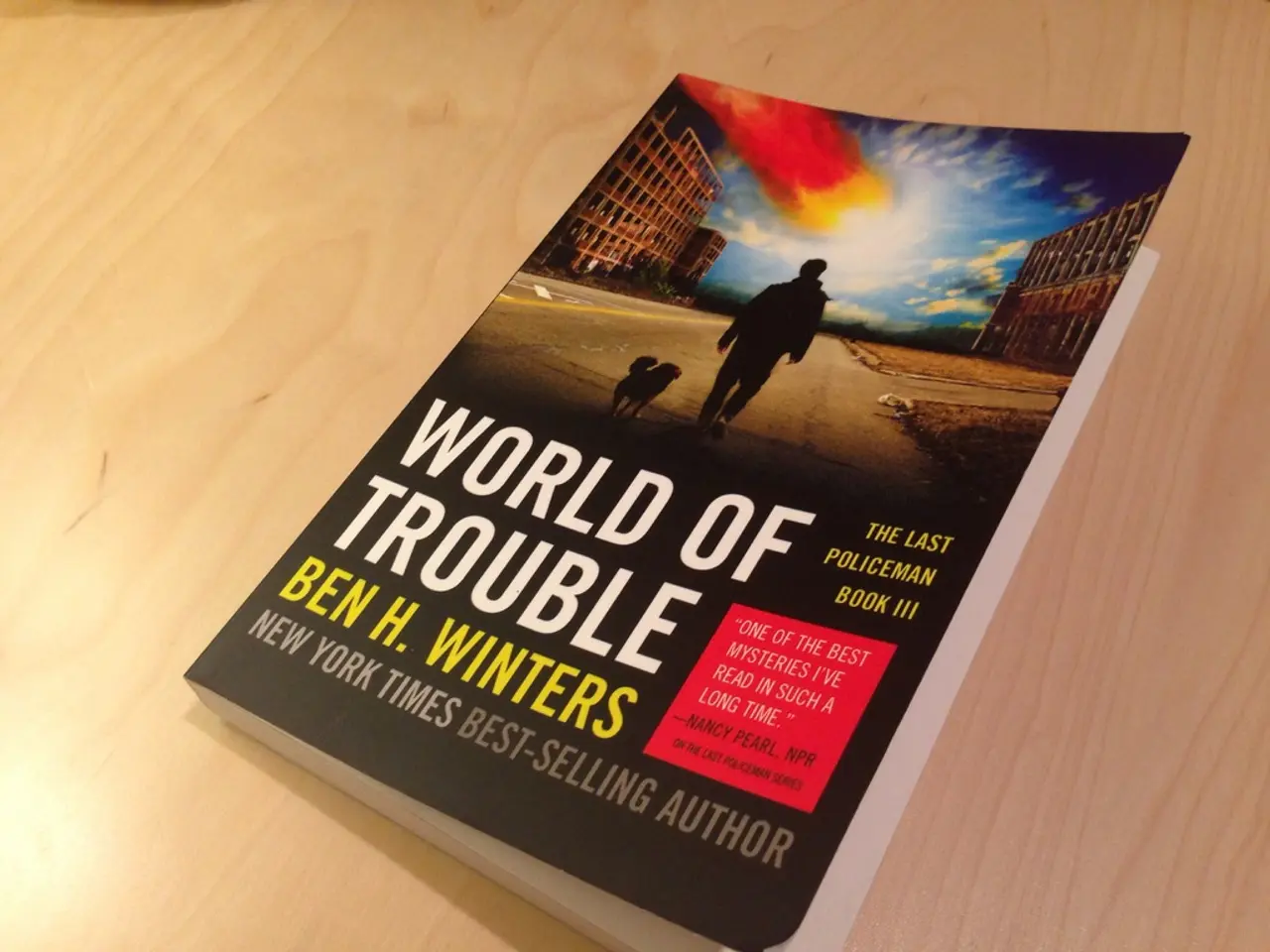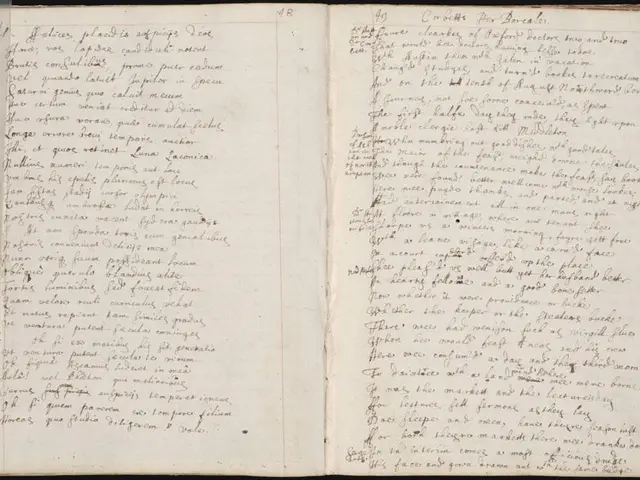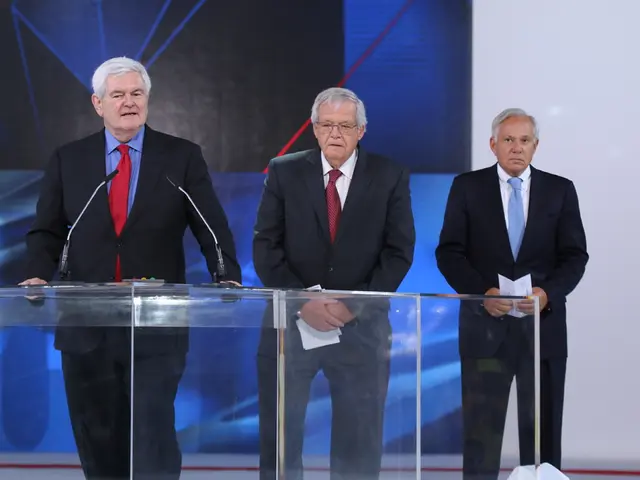U.S. moves to block further restrictions against International Criminal Court judges and prosecutors - US imposes punitive measures on additional judges and legal officials of the International Criminal Court
The United States has taken a politically significant step by imposing sanctions on three International Criminal Court (ICC) officials, including judges Nicolas Guillou from France, Kimberly Prost from Canada, and Deputy Prosecutor Nazhat Shameem Khan from Fiji. The move is seen as a clear demonstration of the US government's ongoing campaign to resist ICC jurisdiction over alleged war crimes involving US and Israeli officials.
The sanctions, imposed in early June, include asset freezes, travel bans to the US, and prohibitions on US persons dealing with the designated ICC officials. The measures have been implemented in connection with an arrest warrant issued by the ICC against Israeli Prime Minister Benjamin Netanyahu, who is being investigated for war crimes allegations related to Palestine. The ICC is also investigating alleged crimes during the Afghanistan war, including those involving US soldiers.
The sanctions have drawn broad criticism internationally, with the International Bar Association, UN officials, human rights experts, and the ICC itself condemning the US actions as an attack on the rule of law and judicial independence. The sanctions are perceived as a flagrant attack on the ICC’s impartiality, damaging the global justice system and the Court’s ability to prosecute serious international crimes.
Politically, the US justifies these sanctions by framing the ICC investigations as illegitimate overreach threatening US sovereignty and national security, especially since the US is not a party to the ICC Rome Statute. Israel applauds the sanctions as defense against what it perceives as politically motivated prosecutions. This escalates tensions between the US (and its allies) and the ICC, contributing to debates about the reach of international judicial bodies versus state sovereignty.
Canadian Judge Kimberly Prost is also targeted for pursuing alleged crimes during the Afghanistan war, including by US soldiers. However, it's important to note that the sanctions do not affect her role in the International Criminal Court.
The ICC, headquartered in The Hague, pursues particularly serious crimes such as war crimes since 2002. The Court can issue arrest warrants that are valid in more than 120 signatory states of the Rome Statute, but unlike Germany, the US does not have to arrest Netanyahu if he enters its territory due to not being a signatory of the Rome Statute.
In response to the sanctions, Israeli Prime Minister Benjamin Netanyahu welcomed the move, describing it as a "significant step against the defamation campaign" against Israel in the Gaza war. The USA, Israel's ally, sharply criticized the ICC's move to issue an arrest warrant for Netanyahu.
The deepening divisions between the US-led bloc defending state sovereignty and the international legal order advocating for justice and victims’ rights worldwide underscore a major political conflict over accountability for international crimes, judicial independence, and the limits of ICC authority.
Read also:
- United States tariffs pose a threat to India, necessitating the recruitment of adept negotiators or strategists, similar to those who had influenced Trump's decisions.
- Weekly happenings in the German Federal Parliament (Bundestag)
- Southwest region's most popular posts, accompanied by an inquiry:
- Discussion between Putin and Trump in Alaska could potentially overshadow Ukraine's concerns








